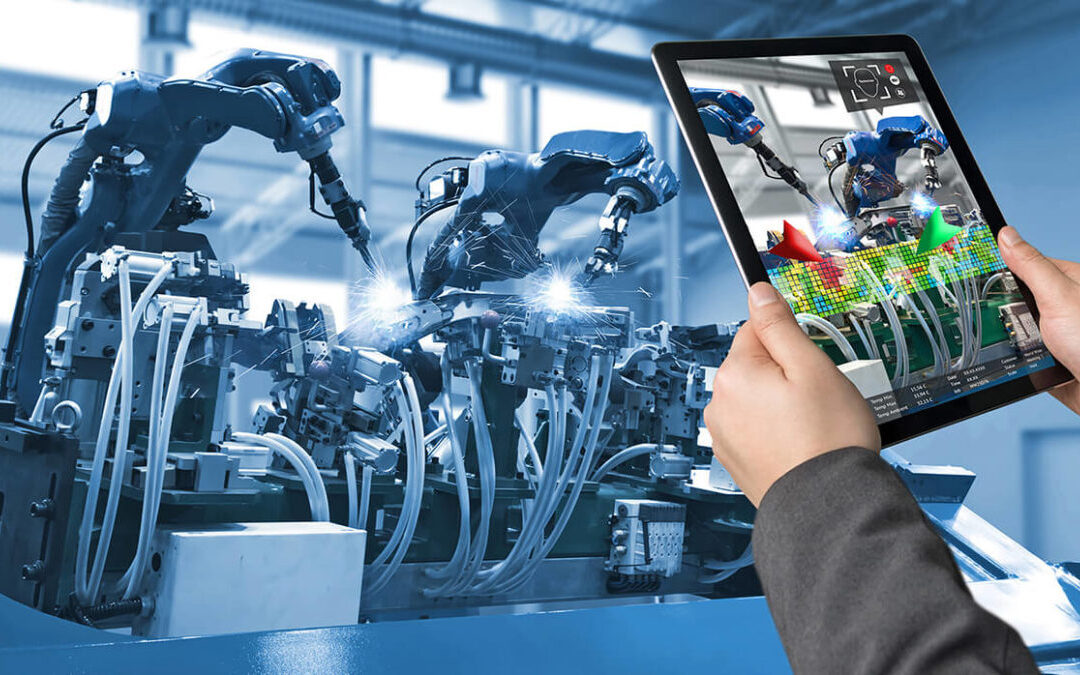In the era of rapid technological advancements, predictive control systems for homes are emerging as a revolutionary trend. These systems offer a glimpse into a future where homes are not only smart but also intuitive, anticipating the needs of their inhabitants. This innovative technology holds the promise of transforming how we interact with our living spaces, making them more efficient, comfortable, and safe.
At the heart of this transformation are predictive control systems, which use data and algorithms to foresee and respond to the needs of a home. By understanding the patterns and preferences of the home’s occupants, these systems can optimize the operation of various devices and appliances, thereby enhancing the overall living experience.

What Are Predictive Control Systems?
Predictive control systems leverage advanced data analytics and machine learning to anticipate future events and adjust operations accordingly. In the context of smart homes, these systems analyze data from sensors and devices to predict the needs of the household, such as adjusting the thermostat based on weather forecasts or scheduling appliance use during off-peak energy hours.
How Do They Work?
The functionality of predictive control systems relies on a network of interconnected devices and sensors that gather data continuously. This data is then processed using sophisticated algorithms that predict future conditions and automate responses. For example, if the system predicts a drop in outside temperature, it can proactively adjust the heating system to maintain indoor comfort levels.
Benefits of Predictive Control Systems for Homes
1. Enhanced Energy Efficiency
One of the most significant benefits of predictive control systems is their ability to enhance energy efficiency. By predicting energy usage patterns and optimizing the operation of home appliances, these systems can significantly reduce energy consumption, leading to lower utility bills and a reduced carbon footprint.
2. Improved Comfort and Convenience
With the ability to anticipate the needs of homeowners, predictive control systems offer improved comfort and convenience. Whether it’s adjusting lighting based on the time of day or pre-heating the oven before you arrive home, these systems make daily life more seamless and enjoyable.
3. Increased Home Safety
Safety is a primary concern for any homeowner, and predictive control systems contribute to a safer living environment. By monitoring for unusual activity or potential hazards, such as gas leaks or electrical malfunctions, these systems can alert homeowners and mitigate risks before they escalate.
Challenges and Considerations
1. Data Privacy Concerns
As with any technology that involves data collection, privacy concerns are a significant consideration. Homeowners must be assured that their data is secure and used responsibly. Ensuring robust data protection measures and transparent privacy policies is essential for gaining consumer trust.
2. Integration with Existing Systems
Integrating predictive control systems with existing home infrastructure can be challenging. Compatibility issues and the need for professional installation may pose obstacles for some homeowners. However, as the technology evolves, we can expect smoother integration processes and more user-friendly solutions.
The Future of Predictive Control Systems in Homes
The future of predictive control systems for homes is promising. As artificial intelligence and machine learning continue to advance, these systems will become even more sophisticated, offering greater personalization and efficiency. Imagine a home that not only anticipates your needs but also adapts to changes in real-time, creating an environment that is truly in harmony with its occupants.
To explore more about how predictive technology is shaping smart homes, visit Predictive Safety Checks and Maintenance Prediction for Smart Gadgets.
Real-World Applications
1. Predictive Maintenance
One practical application of predictive control systems is in maintenance. By predicting when appliances or systems are likely to fail, homeowners can perform preventative maintenance, avoiding costly repairs and downtime. For more insights, check out these Automated Maintenance Alerts.
2. Home Environment Management
Managing the home environment is another area where predictive control systems excel. By monitoring and controlling indoor climate, lighting, and air quality, these systems ensure a healthy and comfortable living space. Learn more about predictive technology’s impact on home environments at Predictive Wear Analytics.

Frequently Asked Questions
1. What is the main advantage of predictive control systems in homes?
The main advantage is enhanced energy efficiency, which leads to cost savings and a reduced environmental impact.
2. Are predictive control systems secure?
Yes, with proper data protection measures and secure networks, these systems can be safe to use.
3. Do predictive control systems require professional installation?
While some systems might require professional installation, many are designed for easy integration and setup by the homeowner.
For further reading on the benefits and importance of predictive maintenance, visit this comprehensive guide.
This article contains affiliate links. We may earn a commission at no extra cost to you.

